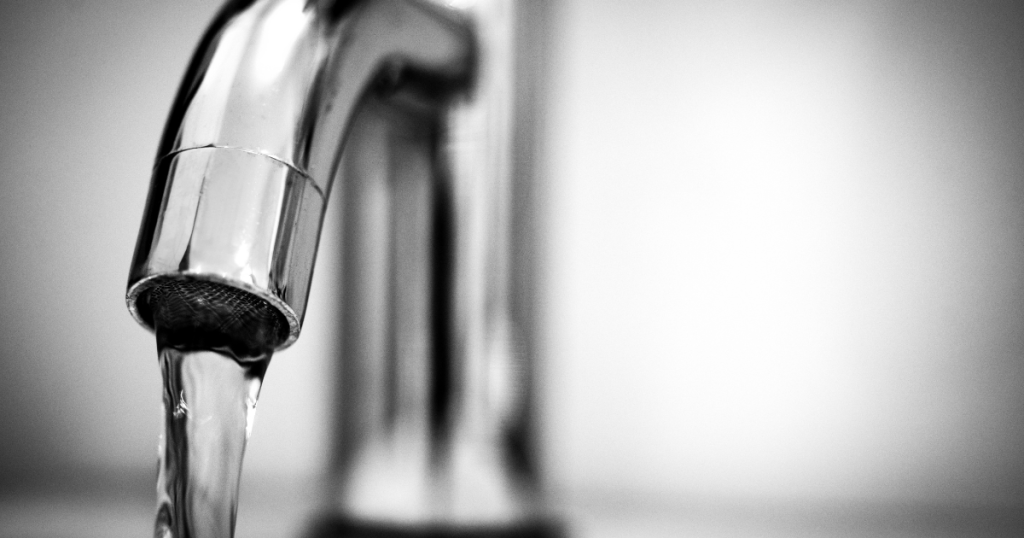
In a summer where the UK has experienced the hottest day on record, droughts being declared in multiple areas of the country and hosepipe bans coming into action, doing all we can to preserve water has become a necessity.
Combine all of this with the soaring costs of energy and it’s no surprise that more and more customers are turning to the expertise of plumbers for ways to prevent leaks and conserve water around their homes.
How much do leaks cost?
Research from Tap Warehouse (via Metro) found taps that consistently trickle can use up to 175,000 litres of water in a year, which could cost the average homeowner an extra £300 on their annual water bill.
Likewise, a toilet with a leaky cistern can use up to 40 litres per day, again adding around £300 to a yearly water bill, while inefficient showerheads could be costing households an extra £95 annually.
How customers can spot a leak
While burst pipes may be easy to spot immediately, not all leaks will be as obvious. Regularly checking plumbing systems for potential weaknesses could prove priceless.
Customers can easily check taps, toilet pipe wall covers and under sinks for signs of water or funny smells that suggest there could be a blockage. Other signals could be wall discolouration, bubbling paint or dripping sounds.
What can people do to reduce water consumption?
Unsurprisingly, the bathroom is an effective place to start when it comes to saving water, and installing modern appliances can lead to significant savings. Naturally, these appliances will cost more initially, so it's important that as a plumber, you’re able to explain the long-term benefits and potential savings they bring.
Low-flow showerheads can drastically reduce water flow by up to 1.75 GPM (gallons per minute), meaning up to 50% less water is used when compared to traditional showerheads.
Taps fitted with aerators enable high-pressure flow while using up to 60% less water, and high-efficiency toilets (dual-flush toilets) typically use 4-6 litres of water per flush compared to 13 litres for traditional toilets.
Elsewhere in the home, high-efficiency washing machines can use up to 30% less water than other machines, while also using up to 50% less electricity, and insulation can protect water pipes from freezing, cracking and ultimately leading to leaks.
Practical advice like taking showers over baths, waiting until dishwashers and washing machines are fully loaded before using and ensuring plants are suited to our temperatures can all make a huge difference, too.
Julie Spinks, Managing Director of Water Regs UK, says: “The cost of energy to use and heat water has reached an all-time high, so the more efficiently we manage our water use, the less of a strain it puts on our energy bills.
“In properties with a meter, water efficiency can have a direct impact on monthly bills, but it’s not just households with meters that need to be mindful of water usage. We all should be thinking about the amount of energy used to heat it as well.”